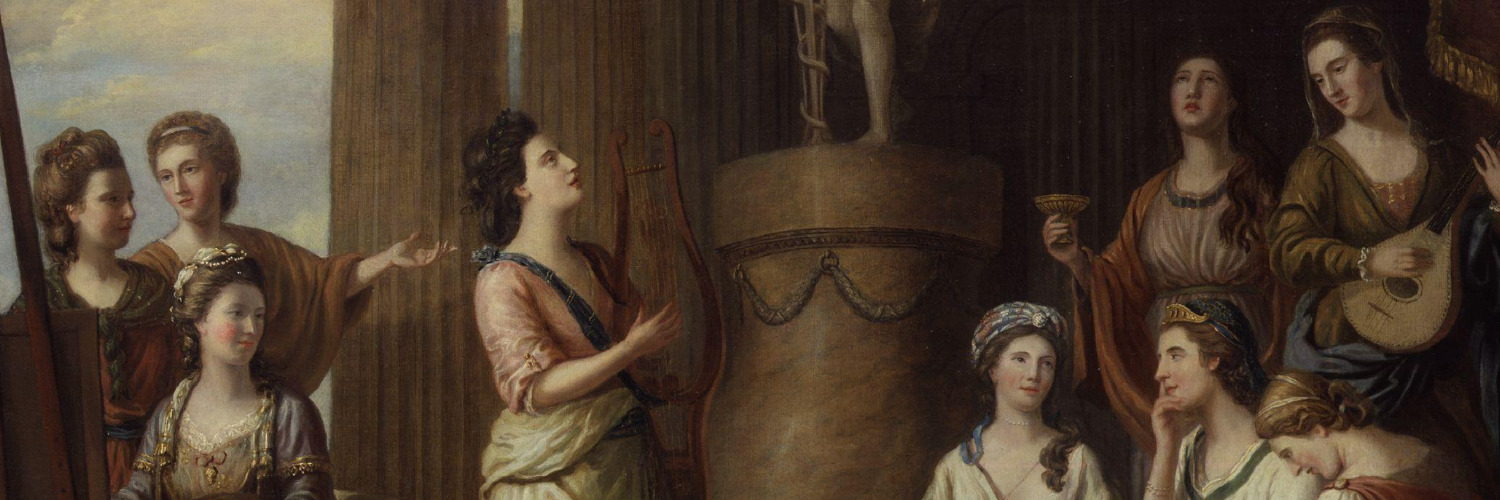- Physical form: One half sheet, folded into 2 leaves (11.5 x 18.2 cm; fol 2r is blank, 2v is cover)
- Cover: Miss Rickards / Church Street / Hampstead / Middlesex
- PM: 7 o’Clock / OC 8 / 180[5] N.T.
- WM: [partial, shows only date] 1804
- SM: Misc MS 4360
Oct 8th
My dear Miss Rickards,
I beg pardon for not having yet answered your note. My idea at first was that you would take it for granted, hearing nothing from us, that Friday was convenient, but on second thoughts I dare not trust to your so interpreting my silence, & therefore trouble you with another note to say we shall be happy to see you all on that day, & you for as long a time as you can give me. I have written to Mrs Ward,
(1)
"Mrs. Ward": See Note 2 to Letter 18.
I do not know whether she comes————How do you like the following
Epig
[fol 1v] Epigram made by Dr Harrington,
(2)
Dr. Henry Harrington (1727–1816), physician and musician, known for his catches and glees (ODNB). The "lady" tried for stealing lace was perhaps the woman named for stealing in the Bath Chronicle for 5 August 1802.
on the lady who was tried at Bath for stealing lace, & was afterwards detected in putting flower-roots into her pocket at a Gardeners,
To love of plants who shews the strongest claim,
Darwin the bard
(3)
Erasmus Darwin, poet and agriculturalist. His most famous poem was The Botanic Garden (1789–91), narrated by the goddess Botany.
or surreptitious Dame?
Decide the cause Judge Botany, I pray,
Let him thy laurels share, & her thy Bay.
Adieu till we meet Yours
ALB

